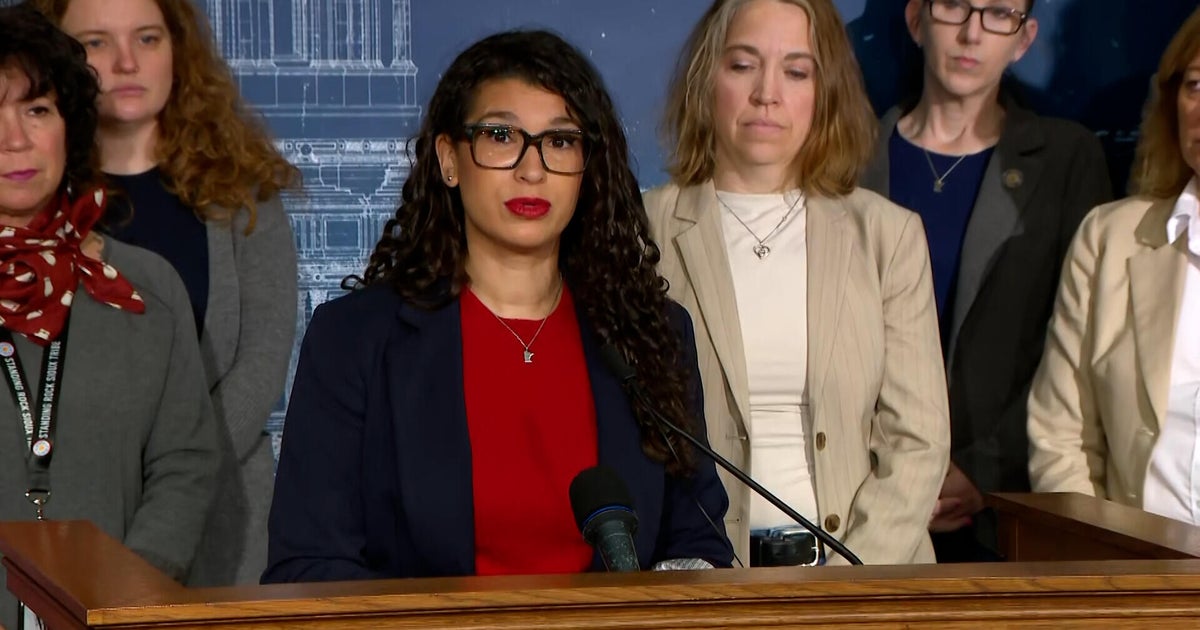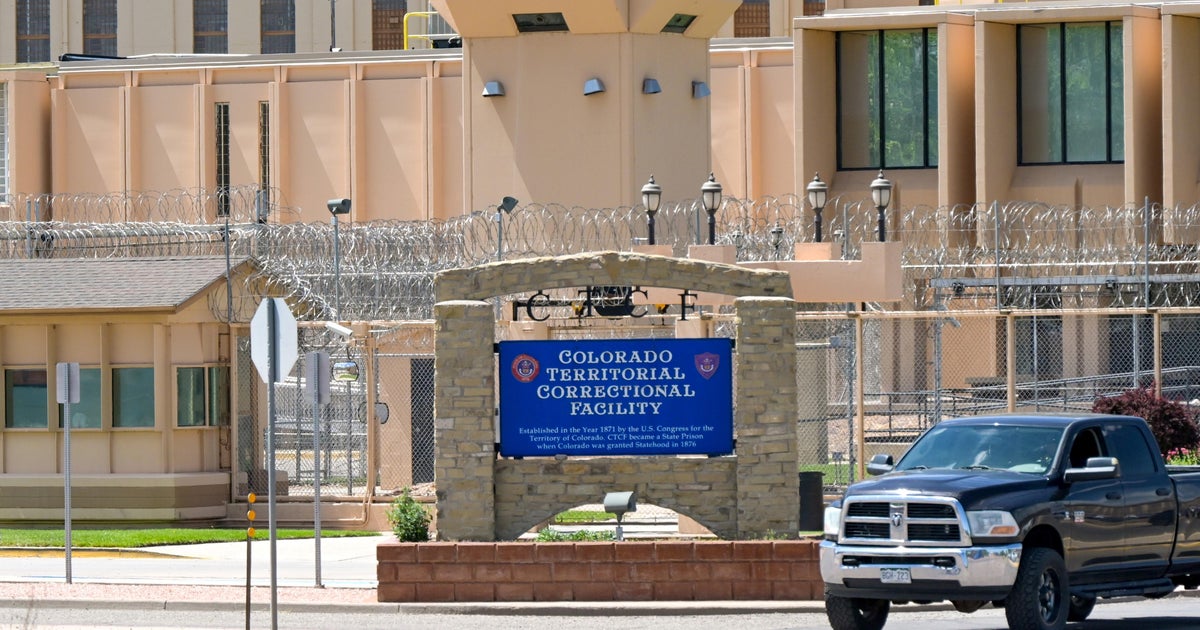Illinois GOP Wants To Change Early Release Rules
By JOHN O'CONNOR, AP Political Writer
SPRINGFIELD, Ill. (AP) -- Illinois Republicans want to tighten rules for the early release of prison inmates, although Gov. Pat Quinn isn't interested in reviving the idea he discontinued last year when it blew up in his face.
Just weeks before Election Day, GOP lawmakers introduced legislation Friday to reform the so-called "meritorious good time" credit for early release should Quinn or another governor resume it.
The plan would deny an early out to a broader range of inmates, including repeat drunk drivers; strictly define what kind of conduct qualifies; and allow public objections to opening the cell door early.
The ideas draw heavily upon recommendations set forth by a former appellate judge in a report that Quinn ordered.
Early release nearly cost Quinn his job in the primary election last winter after The Associated Press reported that more than 1,700 inmates, hundreds of them violent, were granted months of good-conduct time immediately upon entering prison and released, sometimes within days. Quinn suspended the program, and he does not intend to resume it.
"Early release is not on my radar screen," Quinn told The Associated Press earlier this week, adding that he is focusing on alternative sentencing approaches, and has also hired more prison guards.
Meritorious good time, intended to award good behavior, has been used for decades to relieve overcrowding in a system that now houses nearly 50,000 inmates. Prison experts and reform advocates still support the idea as an incentive for inmates, particularly nonviolent ones, to straighten up.
Quinn's agency dropped a policy in 2009 requiring prisoners to serve 60 days in state prison before earning any time. After that became public, Quinn stopped all early release plans and quickly signed a law requiring a 60-day minimum stay. He appointed a former appellate judge to recommend changes, which David Erickson did in August.
But Quinn is uninterested in reviving early release even to save money in a fiscal crisis.
"Let's say that our experience there is such that my total emphasis is going to be on alternative sentencing, boot camps, working with local law enforcement and local sheriffs to not have people come into the state prison at all," Quinn said. "They can be sentenced in a different way that doesn't lead to repeat offenses."
The Republican initiative is led by Sen. Kirk Dillard, R-Hinsdale, and Rep. Dennis Reboletti, R-Elmhurst, who headed a GOP committee in August which conducted hearings on MGT Push.
Reboletti noted the irony of Republicans acting on the recommendations from a review commissioned by Democrats, but said a future governor might want to use early release and past mistakes can't be repeated.
Quinn spokeswoman Ashley Cross said Friday that the corrections department has already "taken substantial steps" including naming a chief public safety officer, changing policy based on Erickson's findings, and upgrading processes and internal procedures.
The legislation comes just three weeks before Republican Sen. Bill Brady of Bloomington faces Quinn at the polls for governor. A spokeswoman for Brady, who just this week released two TV ads criticizing Quinn for the botched program, did not have an immediate comment.
Good-conduct time is allowed for everyone but those who commit the worst crimes. The Republican legislation would also deny it to anyone convicted of most violent crime or repeat drunken driving.
It would allow the Corrections director to consider an inmate's criminal record, as well as his current conduct, in handing out credit.
And it would permit the director to revoke meritorious good time once it's been awarded, tighten rules for alerting local law enforcement authorities when someone's released from prison early, and set up procedures to allow the public, prosecutors and the Prisoner Review Board to comment on a proposed early release.
Reboletti said he's also willing to work with Quinn on alternative approaches, noting he's worked with Democrats to establish drug courts that divert substance abusers from prison and provide treatment.
Quinn pointed out that Corrections has recently trained two classes of correctional officers to help relieve overworked prison staff. State records show that since January, Corrections has hired more than 640 people for 27 prisons.
Associated Press Writer Christopher Wills contributed to this report.
(TM and © Copyright 2010 The Associated Press. All Rights Reserved. This material may not be published, broadcast, rewritten or redistributed.)







